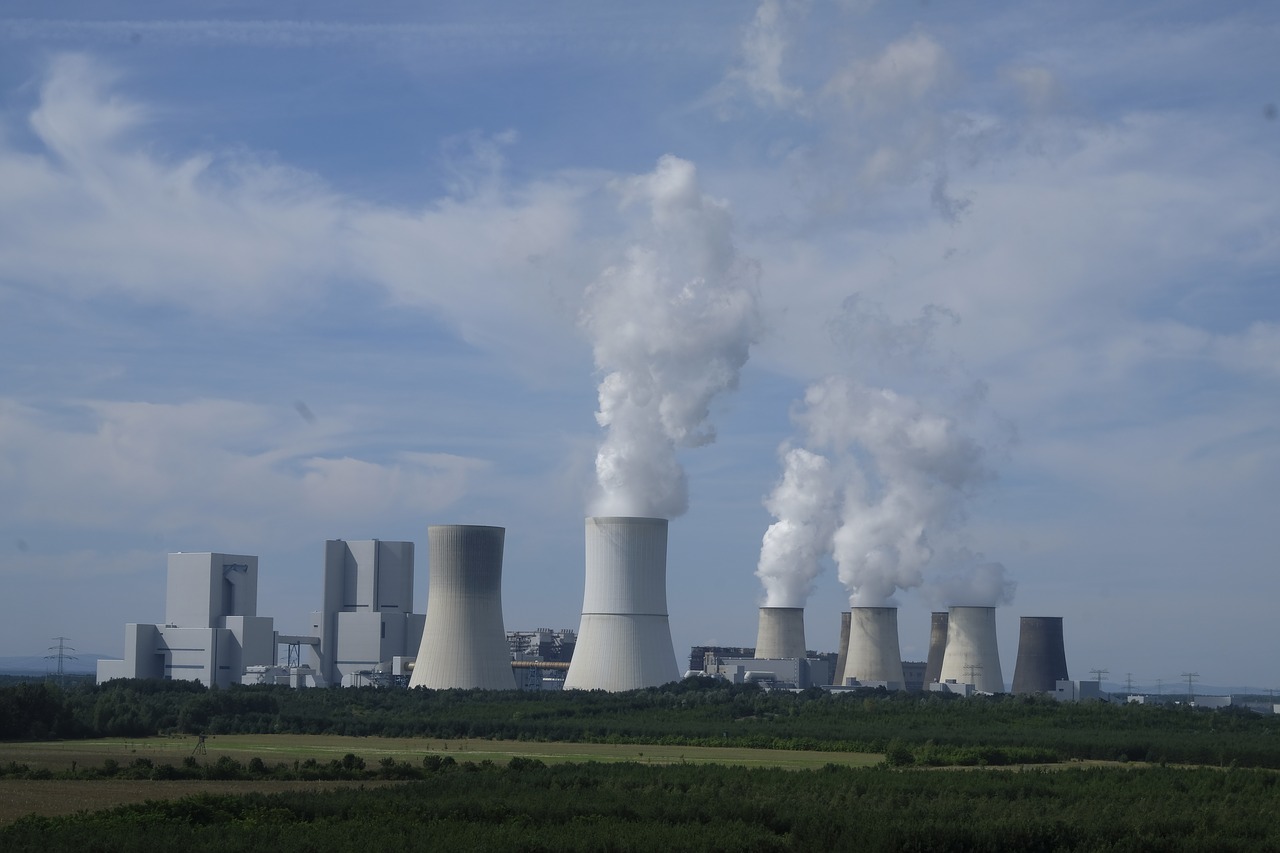REUTERS NEXT-IAEA chief says matter of weeks left to revive Iran nuclear diplomacy
We have weeks," Grossi said in an interview for the Reuters Next conference. Iran resumed enriching uranium to 20% fissile strength at the underground Fordow nuclear plant earlier this month in a further breach of the nuclear pact with major powers since the United States withdrew from it in 2018, possibly complicating efforts by U.S. President-elect Joe Biden to rejoin the deal.

Reviving Iran's nuclear deal must happen within the coming weeks, U.N. atomic watchdog chief Rafael Grossi said on Monday after Tehran resumed 20% uranium enrichment and its parliament threatened to curb access for U.N. inspectors in February. "It is clear that we don’t have many months ahead of us. We have weeks," Grossi said in an interview for the Reuters Next conference.
Iran resumed enriching uranium to 20% fissile strength at the underground Fordow nuclear plant earlier this month in a further breach of the nuclear pact with major powers since the United States withdrew from it in 2018, possibly complicating efforts by U.S. President-elect Joe Biden to rejoin the deal. Its parliament passed a law in November that obliges the government to halt inspections of its nuclear sites by the International Atomic Energy Agency and step up uranium enrichment if U.S. sanctions are not eased.
An Iranian lawmaker said on Jan. 9 said it would give the incoming Biden administration, which takes office on Jan. 20, until Feb. 21 to reverse sanctions. "I must take it seriously because it's the law," Grossi said, adding that he believed the Islamic Republic's government intended to implement it.
Grossi said Iran was progressing "quite rapidly" in 20% enrichment and that based on estimations it would be able to reach about 10 kilograms a month at its facility in Fordow. Uranium refined to 20% fissile purity is well above the 5% generally regarded as suitable for producing civilian nuclear energy and shortens Iran's potential path to 90% purity required for a nuclear bomb. Iran denies any intent to weaponise enrichment.
"There will have to be a clear understanding on how the initial terms and provisions of the JCPOA (nuclear deal) are going to be recomplied with," Grossi said. Tehran started violating the 2015 accord in 2019 in a step-by-step response to President Donald Trump's withdrawal from it in 2018 and to the reimposition of U.S. sanctions that had been rescinded under the deal.
For more coverage from the Reuters Next conference please click here or www.reuters.com/business/reuters-next To watch Reuters Next live, visit https://www.reutersevents.com/events/next/register.php
(This story has not been edited by Devdiscourse staff and is auto-generated from a syndicated feed.)
- READ MORE ON:
- Tehran
- Iranian
- U.N.
- Biden
- Joe Biden
- United States
- Iran
- U.S.
- Donald Trump
- Rafael Grossi
- Grossi
ALSO READ
Navi Mumbai police book five persons for duping Iranian date trader of Rs 4.3 crore
US blocks over a dozen ships for facilitating illicit trade in support of Iran's military
Euro zone bonds hold steady before key U.S. jobs report
Iran holds funeral for officers killed in embassy strike
Iran's Revolutionary Guard commander says ''no threat will go unanswered'' for strike that killed top generals, reports AP.










